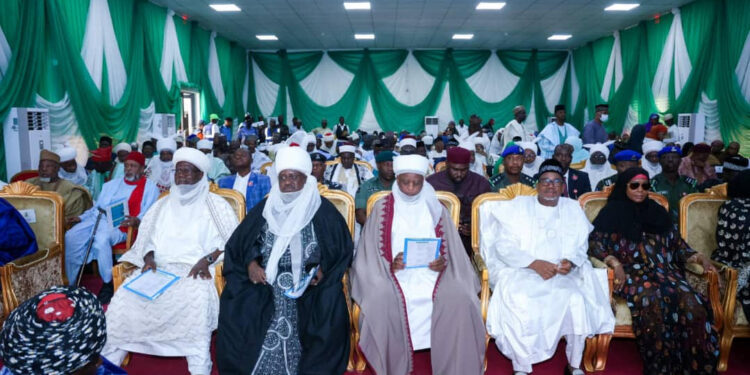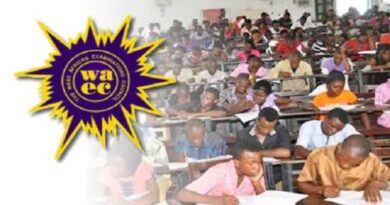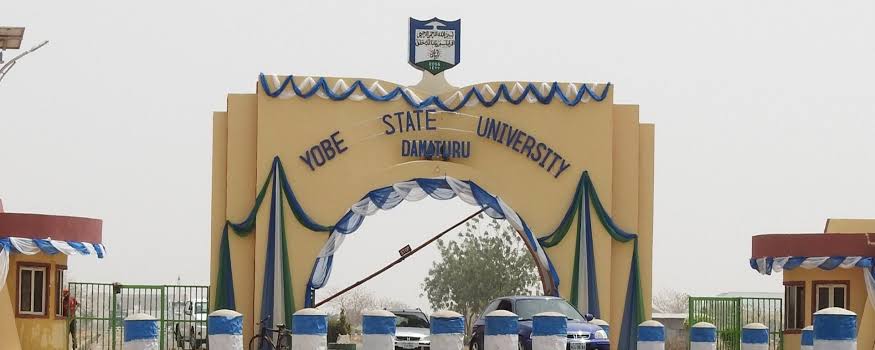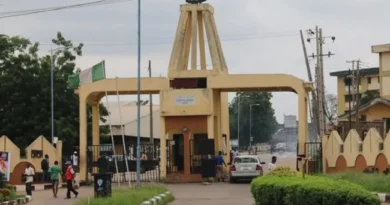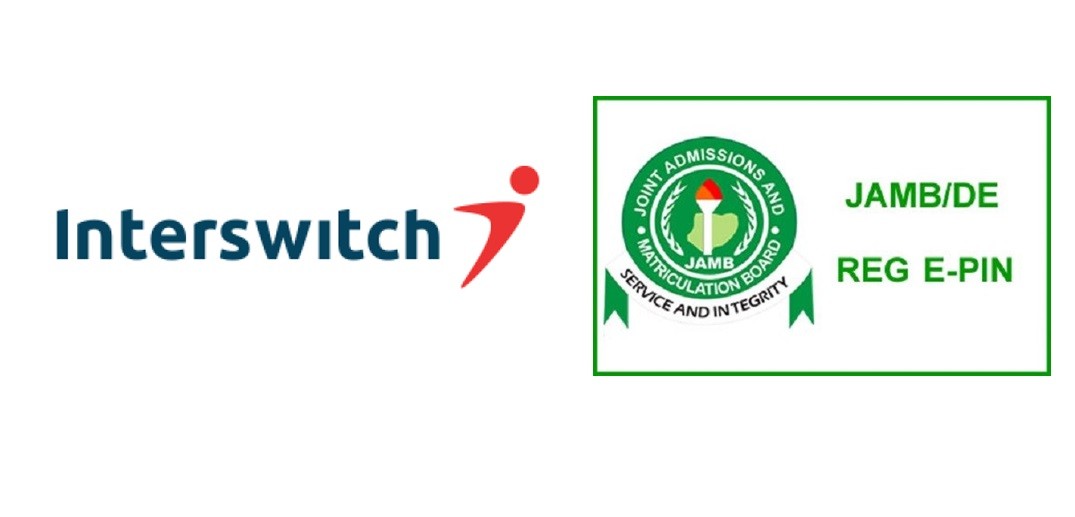Challenges to Girl-Child Education in Northern Nigeria Highlighted at Conference
Despite significant progress in expanding educational programs across Nigeria, girl-child education in the North-East region continues to face formidable barriers. These challenges contribute to a growing number of out-of-school girls, despite efforts to improve access to education.
A recent conference on enhancing girl-child education in Northern Nigeria, organized by the Federal Ministry of Education and the Adolescent Girls’ Initiative for Learning and Empowerment (AGILE) Project, brought attention to these ongoing issues. Held on December 5th, 2024, at the Bauchi Government House, the event revealed that more than half of the region’s out-of-school children are girls.
The key factors identified during the conference included societal norms, poverty, safety concerns, and inadequate school facilities. Socioeconomic pressures play a significant role in preventing girls from attending school. Families facing financial hardship often prioritize boys’ education, believing it to be a better investment, while girls are expected to contribute to household income by working.
Cultural norms also play a crucial role, with many communities still holding the view that girls should focus on domestic duties rather than formal education. These ingrained beliefs are compounded by the lack of female role models in leadership positions, which limits girls’ aspirations and perpetuates the notion that girls do not need education to succeed.
Safety and security remain major concerns. Families in the North-East are often hesitant to send their daughters to school due to fears of abduction, violence, or harassment, particularly for those who must travel long distances to attend classes. These fears, combined with inadequate infrastructure, including poor sanitation facilities, contribute to absenteeism and higher dropout rates among girls.
The conference emphasized that the involvement of traditional and religious leaders is essential to overcoming these challenges. Leaders in these communities hold significant influence and can help shift public attitudes towards girl-child education. The endorsement of education for girls by these figures could encourage parents to prioritize sending their daughters to school.
International organizations, including the World Bank, have supported educational reforms through financial and technical assistance. However, for these efforts to be sustainable, closer collaboration is needed between local governments, community leaders, and development partners.
To address these issues, the conference proposed the formation of a high-level task force composed of traditional and religious leaders, government representatives, and development partners. This task force will monitor and evaluate progress on girl-child education and ensure consistent engagement from all stakeholders.
Key next steps include the development of a time-bound action plan to increase school enrollment and retention among girls. State governments, in collaboration with community leaders, will spearhead this initiative, which will involve policy reforms, infrastructure improvements, and targeted interventions.
Religious and traditional leaders will also play a crucial role in organizing community sensitization programs, such as town hall meetings and public discussions, to address misconceptions about girl-child education. These leaders will also engage schools within their communities to promote enrolment, celebrate successful women, and advocate for scholarships for underprivileged girls.
Training programs for both traditional leaders and teachers, particularly in rural areas, will be introduced. These will focus on enhancing their ability to advocate for girls’ education and on adopting gender-sensitive teaching methods to improve retention rates.
The World Bank and other international development partners will continue to support these efforts by providing funding, technical support, and data to ensure that the initiatives reach those most in need, particularly in conflict-affected areas.
A robust monitoring and evaluation framework will be implemented to track progress and ensure accountability. Additionally, a media campaign will be launched to raise awareness about the importance of girl-child education. This will involve traditional media outlets, such as radio programs, as well as social media campaigns and collaborations with local influencers to amplify the message.
This multifaceted approach aims to break down the barriers to education for girls in the North-East and ensure that every girl has the opportunity to learn, grow, and thrive.

